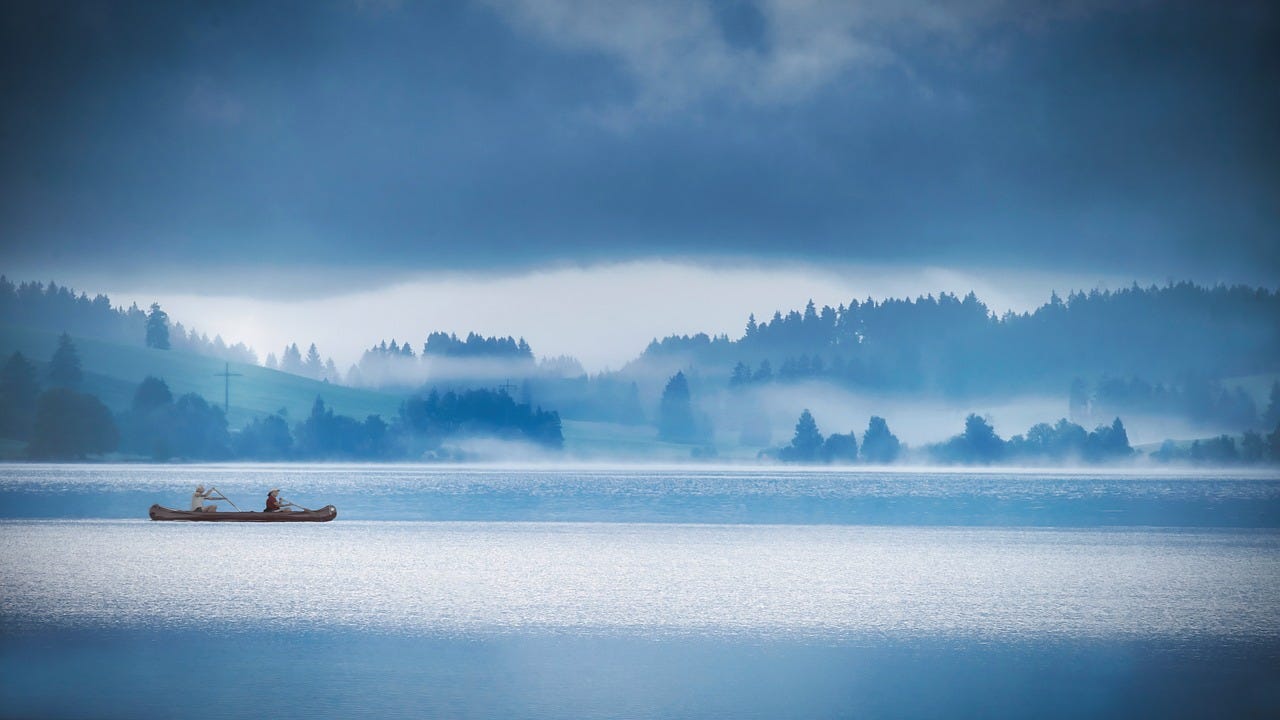My father, who lived to 95, suffered from dementia that progressed over his later years. During those years he lived near my sister in Minnesota and I lived and worked in Los Angeles. He and I spoke regularly – less so as speaking on the phone became more difficult for him – and I visited him in Minnesota a couple of times a year. He would remember less and less about me – my family, my work, where I lived—but he would still remember who I was. Until he didn’t. During a visit about 18 months before he died he introduced me to the staff at his memory care facility as his oldest friend: “We’ve been together since we were kids.”
I knew who he meant – Dad thought I was Uncle Bones! His was really called Bones but he wasn’t really my uncle; he was the kind of close friend of our parents we called uncle because “Mr. so and so” just didn’t feel right. Uncle Bones was Dad’s closest friend from high school, perhaps before. Both went to the Naval Academy (a few years apart), and both served in the Navy in World War II. We vacationed with Uncle Bones’ family, including a canoe trip in the Boundary Waters Canoe Area Wilderness. When my wife and I moved to Washington, D.C., where Uncle Bones and his wife lived at the time, they took us in for a few days as we navigated the logistics of settling into our new home.
I let Dad’s mistake go; the staff actually knew full well who I was and correcting him wouldn’t change the way his failing mind worked. Though Dad lived another 18 months, those words of introduction are the last words of his I specifically remember. During a visit a year later, my sister had to explain to Dad who I and my other siblings were, otherwise we were complete strangers to him. By then, I’m afraid, he didn’t even mistake me for his closest friend.
My closest friend from my youth was James. We met in high school, went to college together, and kept in close touch even as I moved from one side of the country to the other and James remained in Minnesota. We celebrated life’s milestones together, and were there for each other when a friend was needed. Both James and I learned to love the Northwoods from our families, so it was no coincidence that James and I – like Uncle Bones and my Dad – canoed the Boundary Waters together. Later, as James and I had our own families, I dreamed of us canoeing together with our children.
That never happened: James died of ALS in 2012, a few days after his 56th birthday, before his son was old enough to join us on a canoe trip. As is characteristic of ALS, James remained sharp to the end but, completely immobilized, communication became difficult as the disease progressed. A view days before he died, I exchanged e-mails with James, knowing it would be our last interaction. In my e-mail to him, I recalled some of the times we had spent together, in particular the days and nights we shared canoeing in the Northwoods. His reply explained that in a few days he would end the treatment that was keeping him alive. “This is no way to live” he wrote. He closed with these last words: “I would not be the person I am without having known you”.
So a few years later, when my Dad confused me with his closest friend from youth, I was only mildly saddened. I knew my Dad was the person he was because of the time he had spent with Uncle Bones. My Dad’s addled mind prevented him from remembering the times he and I had spent together and what that meant to his life. I was sad that he could no longer reach that part of his life, our life together. But I knew the effect life-long friends have on who we are, what we think, what we do, who we love. If my Dad associated me with that kind of influence – if something in me reminded him of something in an old friend – I felt honored more than saddened, and in a way fulfilled. After all, isn’t that all we really want out of life? To be fondly remembered, to feel that we have enriched the lives of others and made them a different person than they would have been without us?
Now I have only memories of my Dad, memories of James. It often takes a little work to retrieve those memories, and I don’t take the time to do that work as often as I’d like. As with all of us, I face the prospect that those memories may become harder and harder to retrieve. Someday, like my father, I may confuse close family for close friends, or vice versa. But there is something that is very much “me” that would not be the same without my Dad, without James, without all those I love and have loved. That part of me will remain even if all the memories become inaccessible. I hope I can hold on to this one small bit even if I lose all the rest: I am who I am, whoever that may be or become, because of those I have loved.






